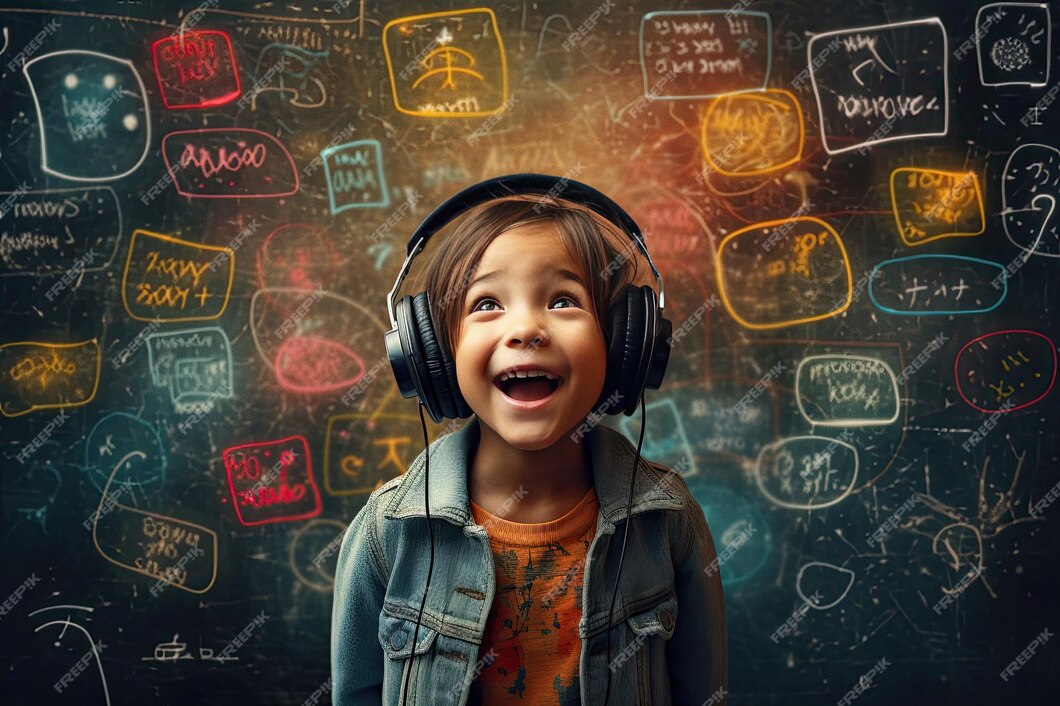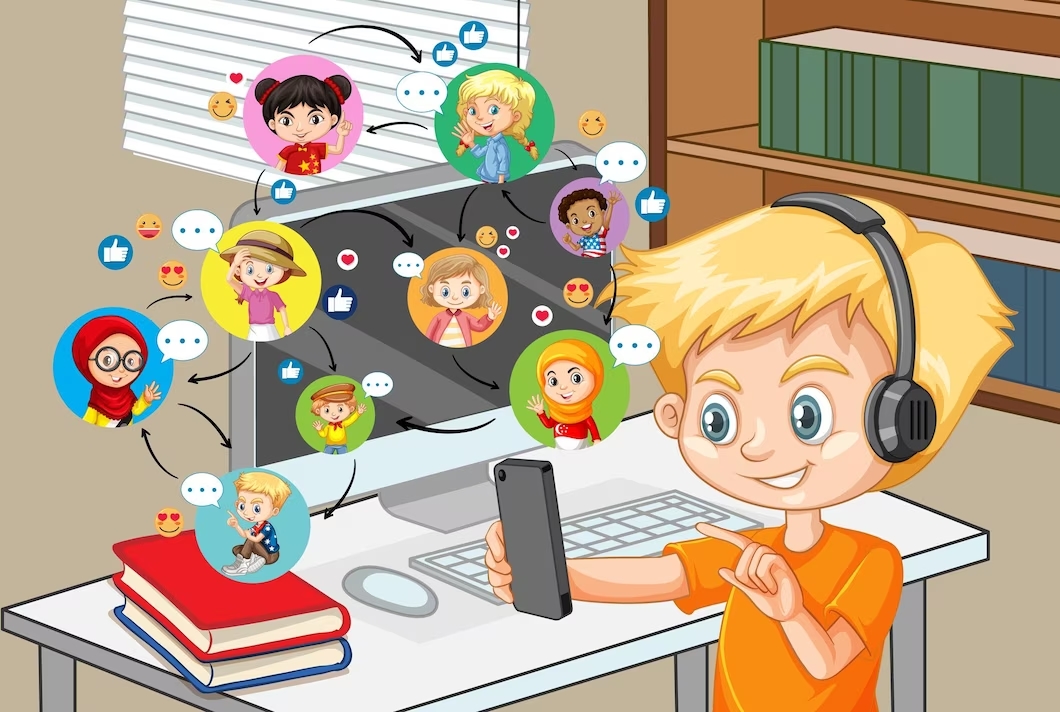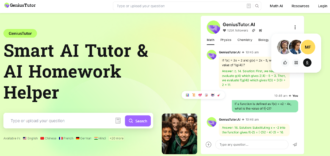The Importance of Media Literacy for Kids
In an age where screens are ubiquitous, and information flows endlessly at our fingertips, it’s more essential than ever to be discerning consumers of media. This is especially true for the younger generation, who are coming of age in a digital-first world. Media literacy isn’t just about understanding what’s presented but also about critically analyzing and interpreting the underlying messages.
For kids, acquiring these skills is not just beneficial; it’s crucial. It prepares them for a world where information is abundant, but truth might be scarce. With media literacy, children are better equipped to navigate the complexities of the digital age. This article delves into the importance of imparting media literacy to kids.
Importance of Media Literacy for Kids

Discerning Fact from Fiction
With the rise of the internet, anyone can become a content creator, leading to an influx of misinformation. Kids, being naturally curious, are more susceptible to believing everything they read or watch. By teaching them media literacy, they learn to differentiate between credible sources and fake news. They start to understand that not everything presented is factual. It’s essential for them to know that even if something sounds convincing, it’s not necessarily true. This discernment is crucial in making informed decisions and not falling prey to hoaxes or harmful ideologies. In a world of misinformation, a media-literate child becomes a beacon of rationality.
Building Critical Thinking Skills
Media is not just about disseminating information; it’s about shaping perspectives. Advertisements, movies, news, and even cartoons subtly influence how kids perceive the world. Through media literacy, children are taught to question and analyze what they consume. They learn to see the hidden motives, biases, or agendas behind content. By doing so, they develop critical thinking skills, becoming more analytical and less gullible. These skills are invaluable, not just in interpreting media but in every facet of life. A child with critical thinking abilities is better prepared for academic success and real-world challenges.
Encouraging Responsible Media Consumption
In the digital age, it’s easy to become overwhelmed or addicted to media. Kids can easily spend hours on end watching videos, playing games, or scrolling through social media. Media literacy imparts the importance of conscious consumption. Children learn the value of time and the potential harms of overindulgence in screen time. They’re taught about the potential mental and physical repercussions of excessive media use. By understanding the broader impact of media on their well-being, kids are more likely to make healthier choices. In essence, media literacy fosters a balanced relationship with technology.
Understanding Representation and Stereotypes
Media often portrays a skewed or biased version of reality, sometimes reinforcing stereotypes. Kids, with their impressionable minds, can easily internalize these representations, shaping their worldviews. Media literacy educates children about these pitfalls. They learn that what they see isn’t always a true representation of society. It’s essential for them to recognize stereotypes, question them, and seek broader perspectives. By doing so, kids develop a more inclusive and empathetic mindset. In a diverse world, understanding and challenging media portrayals is key to fostering unity and acceptance.
Fostering Digital Citizenship
The online world, much like the real one, requires responsible behavior. A media-literate child understands the importance of digital etiquette, privacy, and safety. They know that every post, comment, or share has consequences and leaves a digital footprint. They’re also aware of the potential threats lurking online, from cyberbullying to phishing scams. Media literacy teaches them to be responsible digital citizens, ensuring they contribute positively to the online community. With these skills, kids not only protect themselves but also make the digital space safer for others.
Nurturing Empathy and Understanding in the Digital Age:
In the vastness of the digital landscape, it’s easy to forget that behind every comment, post, or video, there’s a real person with emotions and experiences. Children, while navigating this vast space, may inadvertently develop biases, and prejudices, or even engage in digital confrontations without understanding the other side. Media literacy introduces them to the concept of empathy in the digital age.
It encourages them to put themselves in others’ shoes, to understand differing viewpoints, and to communicate respectfully. Kids are taught to consume content with an open heart, always seeking the human story behind the digital façade. This not only helps reduce online conflicts but also fosters a more understanding and harmonious digital community. By instilling these values, we help shape children into compassionate digital citizens who recognize the importance of human connection even in the virtual realm.
In a world dominated by screens and information overload, media literacy is no longer a luxury; it’s a necessity. It empowers kids to be discerning consumers, critical thinkers, responsible netizens, and empathetic individuals. By investing in media literacy, we’re not just preparing children for the digital world but equipping them with tools that will serve them throughout their lives. As educators, parents, and mentors, it’s our duty to ensure that the next generation is not just media-savvy but media-smart.

















